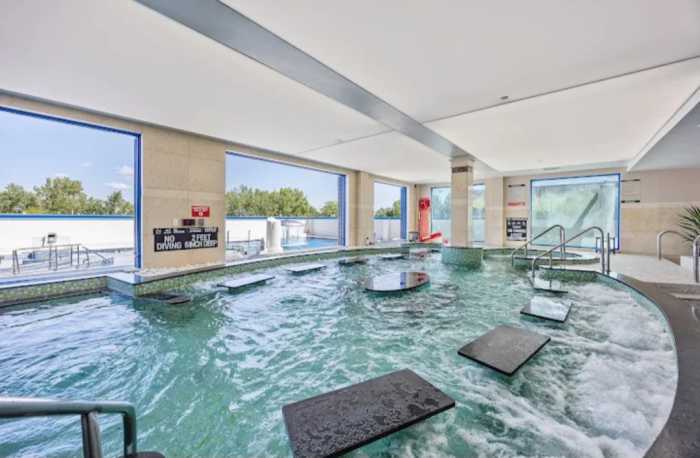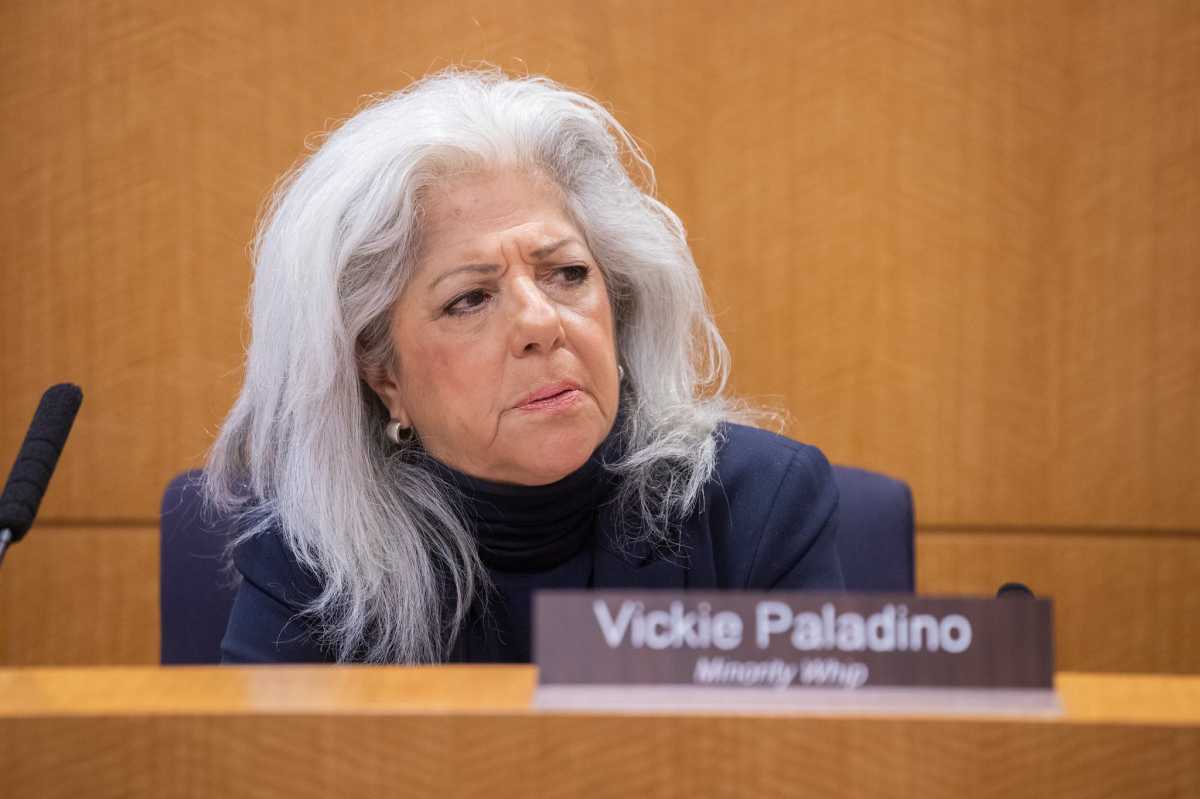Community Board 7 members reacted favorably towards a proposal that seeks to limit hotel development in certain areas of the city, including College Point and Flushing.
The New York City Department of City Planning (DCP) has proposed amending the hotel zoning text for light manufacturing zoning (or M1) districts. Under the proposal, new hotel development within the districts would be subject to a special permit review, which would take an estimated two years.
The DCP proposal must still go through a lengthy Uniform Land Use Review Procedure (ULURP) process, where it will be presented to each borough’s community boards, the Queens borough president and the City Planning Commission. The final decision rests with the City Council.
M1 hotel clusters within Board 7 are mainly found in College Point, Whitestone and downtown Flushing, according to Hye-Kyung Yang, a city planner with DCP. The representative made a presentation to the board on May 14.
According to Yang, a market analysis of the city’s hotel conditions revealed that there has been a rapid increase in hotels in M1 districts since 2010. Approximately 13 percent of existing hotel rooms are in M1 districts, she noted, while 30 percent of hotel rooms in the pipeline are slated to be built in M1 districts.
The influx is attributed to both a rapid growth in city tourism as well as the current makeup of the zoning framework, which is favorable for hotel construction. Hotel clusters are currently present in areas of College Point, Long Island City and Jamaica.
“There’s been increased competition for land and M1 zones have become one of the last areas of opportunity in the city,” Yang said.
Most community board members at the meeting expressed favor for the proposal, but Chuck Apelian, the board’s land use and zoning committee chair, raised concerns with the language of the amendment.
It states that, while private-sector developers would have to seek this special permit, “transient hotels operated for a public purpose by the City of New York or organizations under contract with city will be exempt from the Special Permit requirement” and could still be built as of right.
“You’ve got a situation where the special permit is being regulated on private enterprise, and it’s an undue burden, but the government can go ahead whether it’s city- or state-sponsored and go put a hotel as-of-right, as it currently exists,” Apelian said. “That’s a big problem.”
Apelian also pointed out that change is heavily supported by the New York City Hotel and Motel Trades Council, who he said seek to use the amendment as “a tool” to impose union labor requirements.
“It really was very accurately and deviously carved out — and I’m not mincing my words,” he continued.
After acknowledging Apelian’s concerns, board member Nick Corrado spoke in favor of the amendment.
“In my mind, it seems as though this is a possibility to stop, in some way, some of the incredible building that is going on in this community,” he said. “In my view, if there’s any way we can stop this by special permit or any other means … I’m in favor and for it.”
Last month, College Point residents spoke out against a bid to bring a six-story hotel to 18th Avenue and 128th Street, located in a M1-1 zoning district. While the use is allowed under current zoning, residents said the area is already oversaturated with hotels, and the towering structure doesn’t fit in with the surrounding neighborhood.
The full text of the amendment can be read on the NYC Planning website.




































